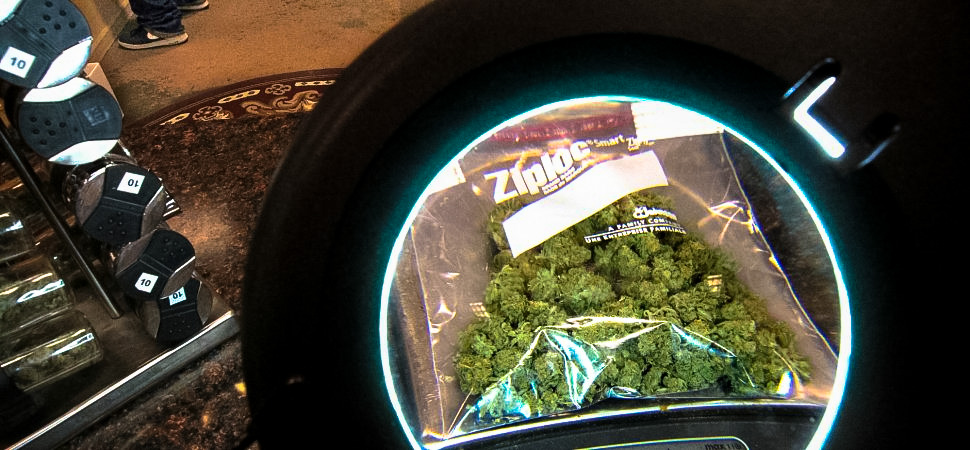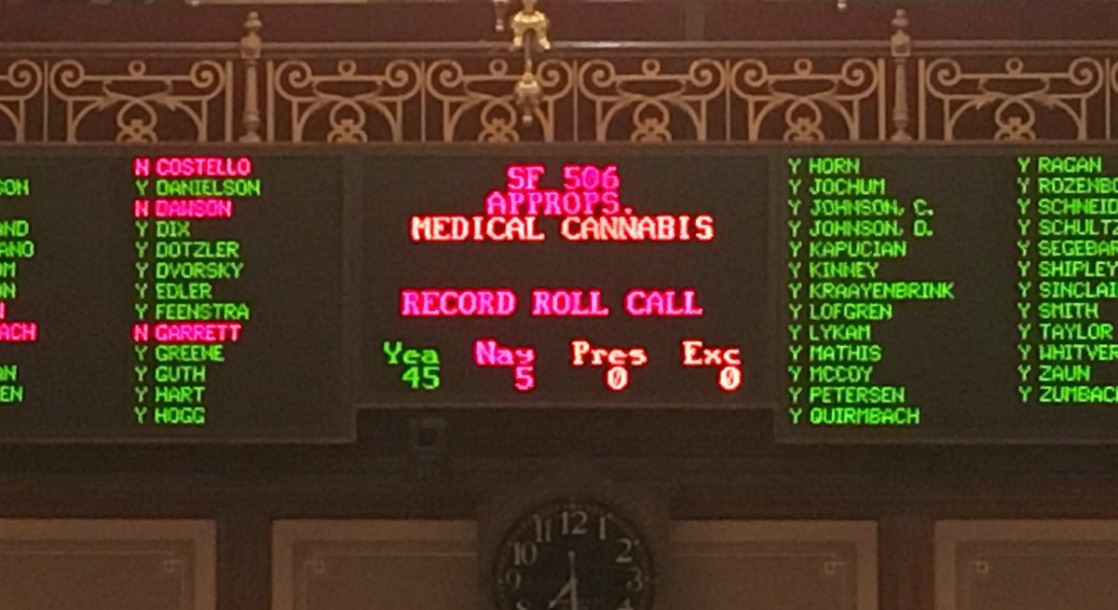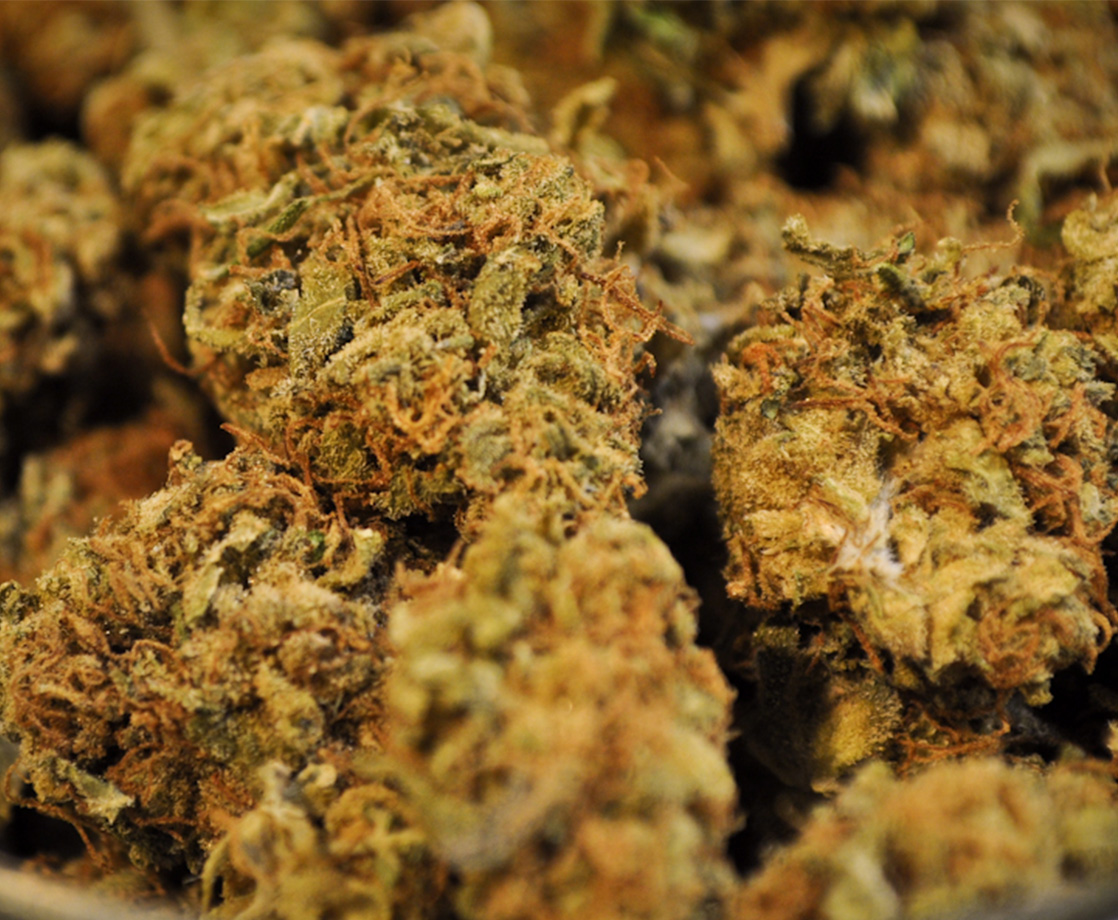Due to a bill from the 1982, some dispensaries are not legally allowed to deduct business expenses and are therefore being taxed at up to 100%. Tax code 280e was enacted in order to stop drug traffickers from benefiting as other official businesses can. However, what remains leftover from the code affects any business that sells controlled substances that are prohibited by Federal law – including cannabis. For dispensaries, this means no business expenses can be deducted, including rent, advertising and more.
However, there are loopholes to the code:
“Infused products and edibles companies, which are manufacturers, are able to deduct all of their costs. Colorado state law mandates that growers must also have a retail shop attached to the business. In that kind of a structure, entrepreneurs can deduct costs associated with growing the plant, but nothing related to the retail business.”
The solution? Jim Marty, a Denver-based CPA, explains in an interview: “We advise to keep everything separate as much as possible. 280e only applies to businesses that buy and sell cannabis or grow and sell cannabis. Keep your real estate in a separate entity, keep that retail footprint small, don’t spend much on advertising, and keep your retail labor down. Those are the costs that aren’t deductible.”











